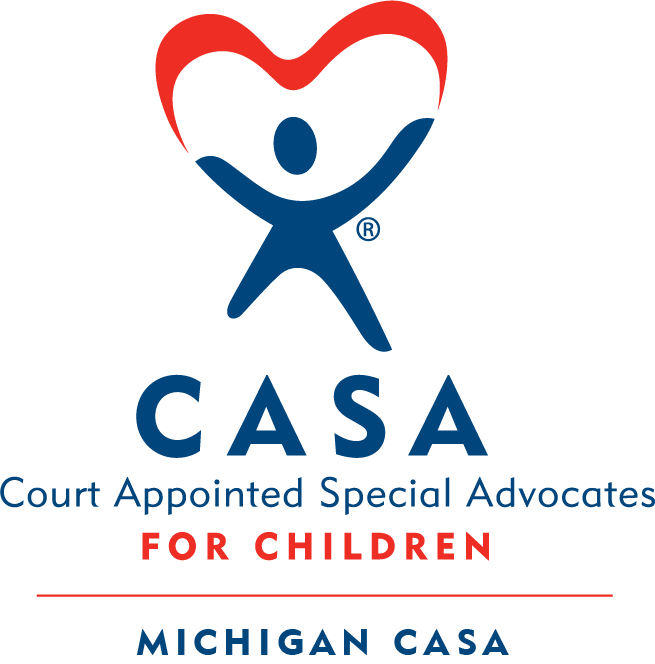For Michigan CASA Staff only *
This intensive 3-part series presented by Betsy McFarland, CVA, is designed to provide participants with practical tools and strategies to help CASA staff recruit and retain committed and caring volunteers.
January 16 Part 1: Understanding Modern Volunteerism and Changing Expectations
February 20 POSTPONED
March 19 Part 2: Innovative Strategies for Effective Volunteer Recruitment and Retention
April 23 Part 3: Implementing Effective Volunteer Recruitment and Retention Strategies
Homework will be assigned between sessions to support participants in building their own volunteer recruitment plans. Betsy will offer “office hours” between where participants can meet for additional guidance.
Betsy McFarland, CVA is a strategist and problem-solver who has forged a unique professional niche focused on developing leaders, staff and volunteers committed to tackling challenging societal issues.
Betsy is particularly passionate about maximizing the impact of volunteers by helping leaders align volunteer engagement efforts with their mission. She specializes in assessing volunteer involvement organization-wide and developing strategies, building infrastructure, and providing training to ensure efficient and effective achievement of organizational goals.
Betsy is a Certified Volunteer Administrator (CVA) and author of Volunteer Management for Animal Care Organizations. She published research on staff-volunteer relationships and worked with the University of North Carolina at Charlotte to develop a research-supported Volunteer Program Assessment that serves nonprofit volunteer programs across the U.S. and Canada. She co-directs the Initiative for Strategic Volunteer Engagement, a joint effort of funders and nonprofits to elevate and expand investments in volunteer engagement.
